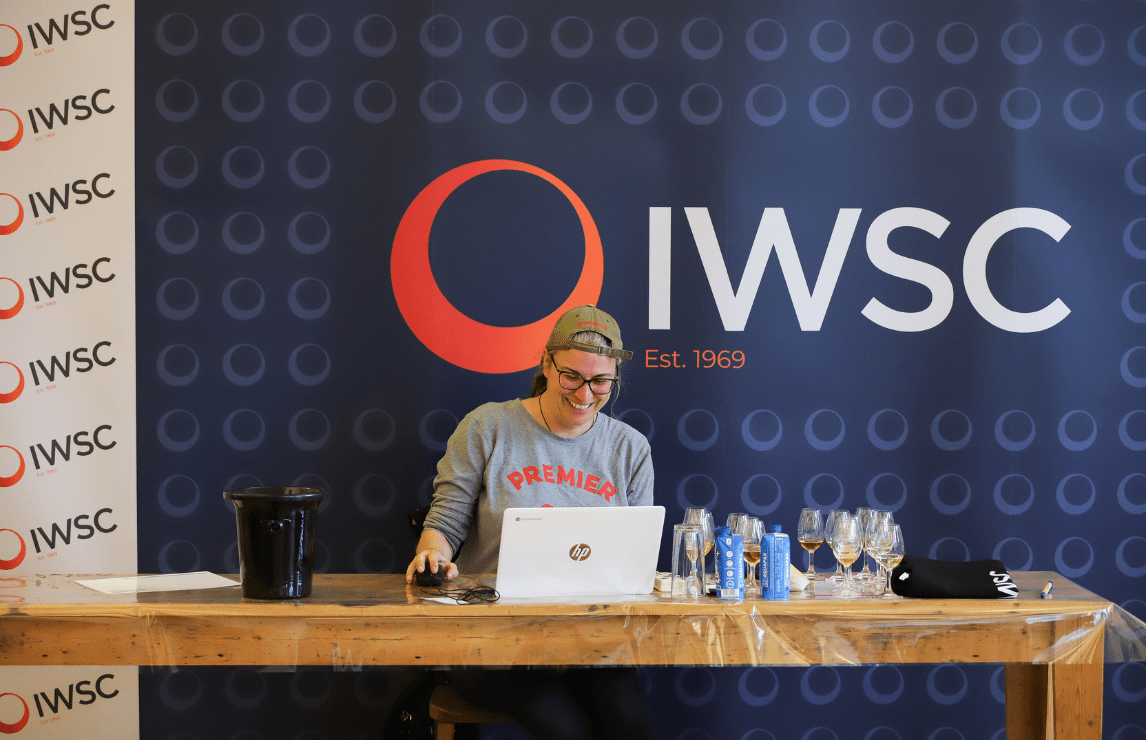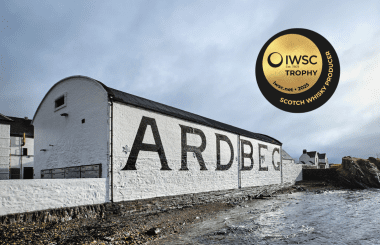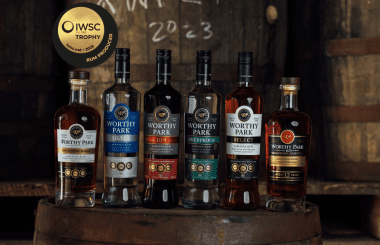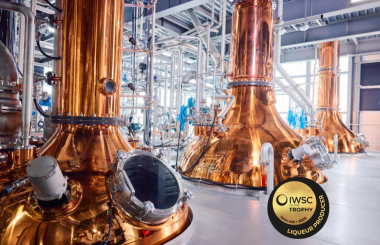Dawn Davies MW: The Art of Objective Spirits Evaluation
As Head Buyer at Speciality Drinks and member of IWSC's Spirits Judging Committee, Dawn Davies MW shares insights into maintaining objectivity in spirits evaluation
The Role of Sensory Perception
"As human beings we use all our senses to judge the world around us," Davies explains, "taking cues from sight, sound, smell, taste and touch to make an impression, from which we make inferences based on our own past experiences, our thoughts and feelings."
The Power of Blind Tasting
Visual cues can significantly influence perception. "When you taste blind, it is about testing your identifying skills using sight, smell and taste not being led by a bottle's visual cues. This can be done for fun but when we taste blind for judging it is done to remove as many of our own personal biases from the judgement processes as possible."
Navigating Brand Bias
"Many big brands today rely on positive bias that is induced through marketing and advertisement, associating the brand with something positive and desirable. They want you to immediately think the product is of high quality before you even taste it. By removing what the brand or product is from the equation we remove our preconceptions of that product's quality."
Quality Markers
"When you judge blind you use other cues to determine quality like balance, length, complexity and intensity, do you like the product just on its taste. Whilst in blind tasting and judging you cannot remove all biases, it does allow us to remove brand bias which is key."
"It is very important to also taste with others and not always in a silo as this helps you remain objective as everyone assesses differently. Also don't discount your gut instinct as it can be spot on more times than it is not."
As Davies concludes, "You cannot be 100% objective but you can carry out your own internal checks and balances to ensure you are being as fair to the product as you can be. At the end of the day you want to pick a product that someone else or yourself would enjoy – so if it makes you smile than it is probably the right product."
Dawn Davies MW is Head Buyer at Speciality Drinks and member of the IWSC Spirits Judging Committee. Her distinguished career spans notable positions at Selfridges, Zuma, The Square, and The Ledbury, bringing innovative approaches to spirits buying to the judging panel.



